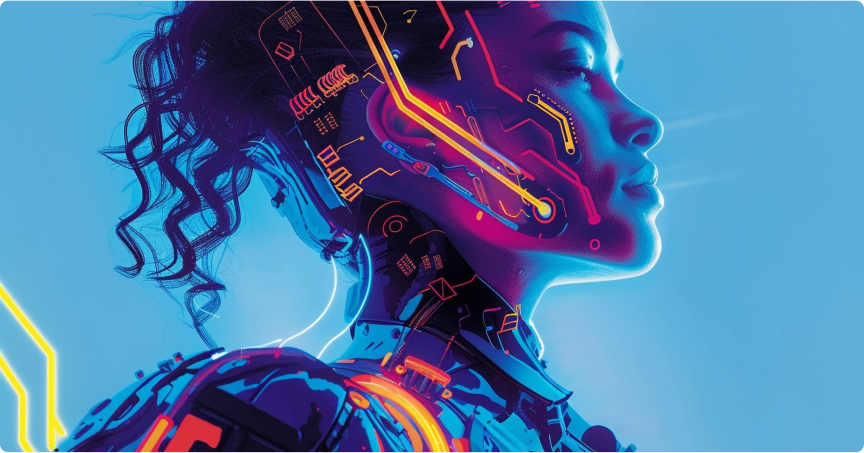AI chatbots have evolved far beyond scripted conversations. In 2025, enterprises are adopting agentic and multimodal chatbots that can think, act, and personalize experiences across industries.
From healthcare to banking, insurance, HR, and travel, conversational AI is redefining how people interact with organizations, offering speed, accuracy, and round-the-clock engagement.
Below are five high-ROI chatbot use cases shaping the enterprise landscape.
1. Healthcare Chatbot Use Cases: Smarter Patient Interactions
Chatbots in healthcare are improving patient care and operational efficiency.
Key use cases include:
- Appointment scheduling: Patients can book, reschedule, or cancel appointments instantly.
- Medication reminders: Bots send timely alerts and dosage instructions.
- Patient intake: Automate data collection during check-ins, reducing manual errors.
- 24/7 support: Answer questions about symptoms, billing, or insurance anytime.
What’s next :
Future AI healthcare chatbots will integrate with electronic health records (EHR) and wearables, analyze patient data in real time, and recommend follow-ups, acting as proactive digital health assistants.
2. Banking Chatbot Use Cases: Financial Services on Demand
Banks are deploying AI chatbots to deliver personalized, secure, and instant support.
Top use cases include:
- Balance checks & fund transfers within chat interfaces.
- Loan inquiries and application updates.
- Personal finance advice based on spending behavior.
- Fraud alerts and card management (freeze, unfreeze, reissue).
Emerging trend:
Agentic banking chatbots will become financial copilots, analyzing goals, optimizing expenses, and managing investments autonomously while ensuring compliance and data security.
3. Insurance Chatbot Use Cases: From Quote to Claim
Insurance chatbots are removing friction from traditionally slow processes.
Most common chatbot use cases include:
- Instant quote generation through conversational forms.
- Claim filing & tracking via chat or voice commands.
- Policy renewal reminders and document uploads.
- Customer support for coverage questions and benefits comparison.
Future-ready applications:
AI insurance chatbots will detect incidents (e.g., vehicle damage), initiate claims automatically, and even approve payouts in real time, delivering faster resolutions and enhanced customer trust.
4. HR Chatbot Use Cases: Employee Self-Service at Scale
In enterprises, HR chatbots are simplifying internal operations and boosting engagement.
Typical HR chatbot use cases include:
- Onboarding support: Guide new hires through forms, policies, and training.
- Benefits assistance: Answer questions and help with enrollment.
- Leave & payroll queries: Provide instant responses and process requests.
- Feedback collection: Automate surveys and employee sentiment analysis.
Next phase:
Modern HR chatbots are evolving into digital HR partners, integrated with systems like Workday or SAP—to perform transactions, create tickets, and proactively assist employees with predictive recommendations.
5. Travel Chatbot Use Cases: Personalized Customer Experiences
The travel and hospitality industry uses chatbots to enhance convenience and loyalty.
Leading chatbot use cases include:
- Booking & rebooking: Handle reservations, cancellations, and itinerary updates.
- Real-time alerts: Notify travellers about delays or gate changes.
- Personalized recommendations: Suggest destinations, hotels, or dining options.
- In-trip support: Manage check-ins, special requests, and upgrades seamlessly.
Looking ahead:
Next-gen travel chatbots will act as autonomous digital concierges, using preferences and live data to plan entire itineraries and manage disruptions automatically.
Why These Chatbot Use Cases Matter for Enterprises
Across sectors, chatbots are delivering measurable ROI through:
- Automation of repetitive tasks : reduced operational costs.
- Personalized engagement : improved customer satisfaction and loyalty.
- 24/7 availability : faster service and global accessibility.
- Seamless integration : consistent performance across web, app, and messaging channels.
By 2025, enterprise chatbot use cases will evolve from reactive responders to agentic AI assistants, autonomous systems capable of understanding context, reasoning, and taking real-world actions.
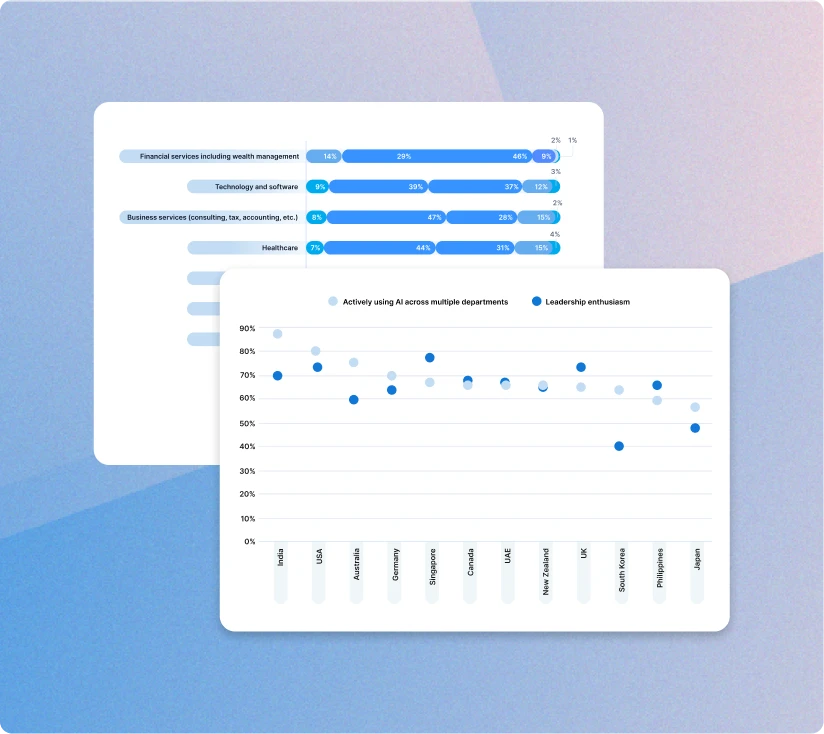


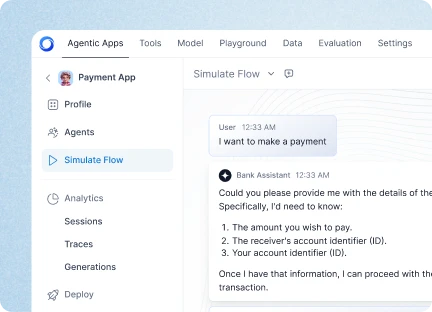
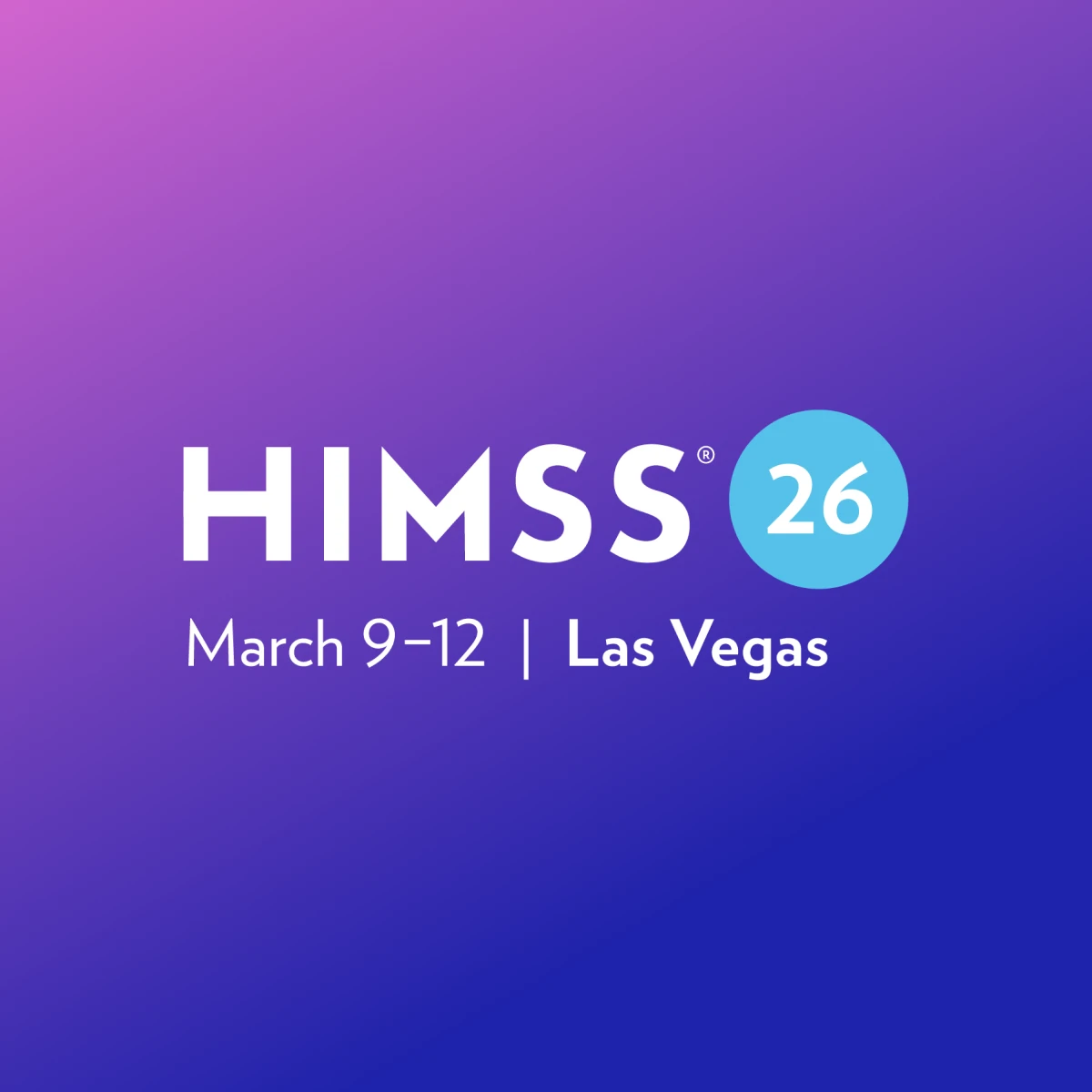

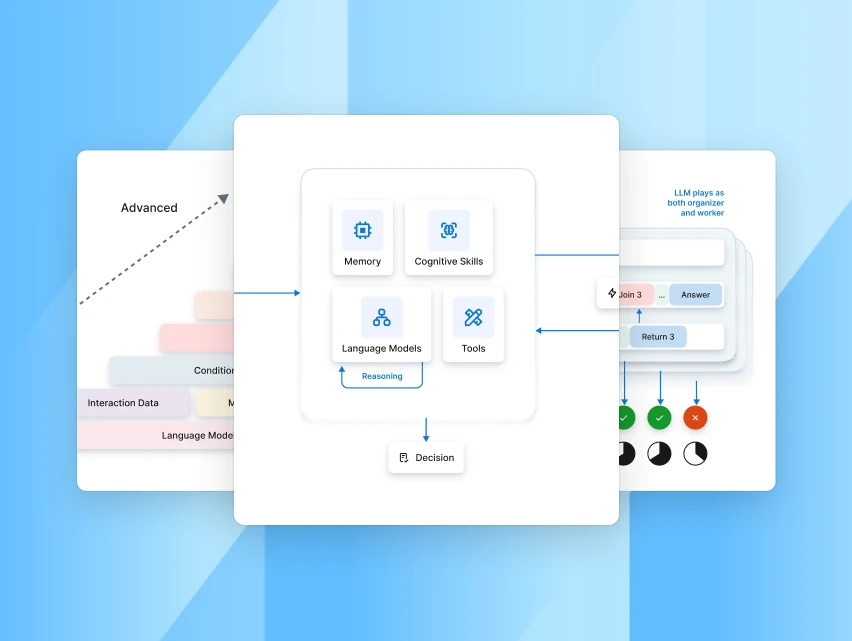

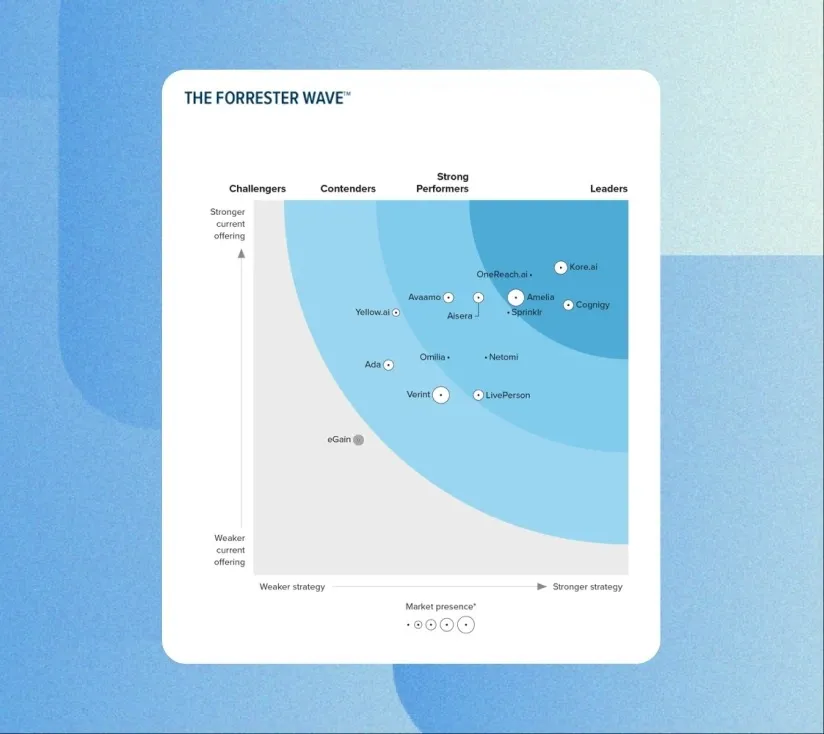


.webp)
